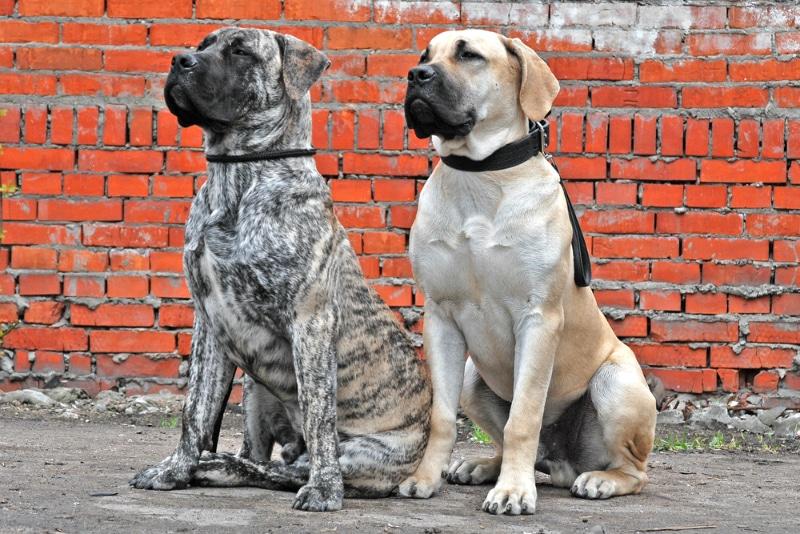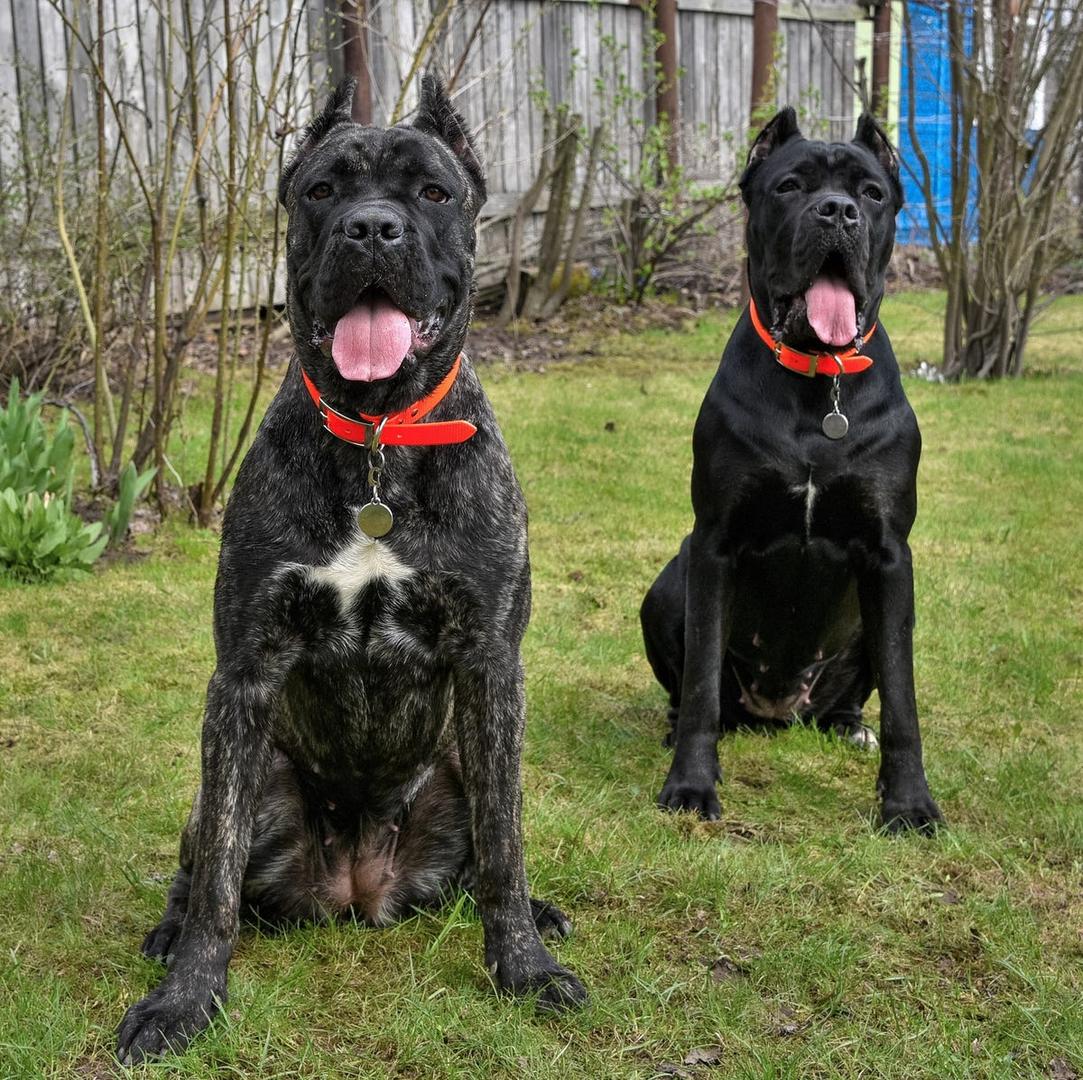Explore Our Bill Payment Services:

- Pet & Animals
- Uganda
How To Easily Train Your Local Ugandan Dog (2025 Step-By-Step Guide)
In Uganda, many people keep dogs for security and companionship—whether you live in Kampala, Gulu, Mbarara, Jinja, Arua, or in rural villages. Our local dog breeds, sometimes called “village dogs”, are hardy, smart, and highly protective.
The good news is: You don’t need an imported breed to have a well-trained, loyal dog. Your local dog can be trained to follow commands, guard your home, and behave well around family and guests.
This guide will show you how to train your local Ugandan dog easily at home—using simple tools, local commands, and love.
Why You Should Train Your Dog
Training helps your dog to:
✅ Obey commands
✅ Guard your home better
✅ Stop unnecessary barking or biting
✅ Behave well with kids and visitors
✅ Become more loyal and social
Whether your dog is a puppy or an adult, it can still learn.
Step-by-Step Training Guide for Local Dogs in Uganda
1. Start With Basic Commands
Begin training your dog when it's 2–3 months old, or as soon as you get it. Start with simple commands like:
-
“Sit”
-
“Come”
-
“Stay”
-
“No”
-
“Go inside” (into the kennel or house)
Use small rewards like meat pieces, bread, or leftover posho/matooke to encourage your dog.
2. Use Local Language If You Prefer
In Uganda, you can train your dog in English, Luganda, Acholi, Runyankole, or any local dialect — just be consistent.
Examples in Luganda:
-
“Tula” – Sit
-
“Jangu” – Come
-
“Leka” – Stop it
-
“Genda ewaka” – Go home
-
“Linda” – Wait
Choose one language and stick to it during training.
3. Reward Good Behaviour
Dogs respond well to positive reinforcement — not punishment.
✅ Praise the dog: “Good dog!” or “Bulungi nyo!”
✅ Rub its head or back
✅ Give a small treat after correct behaviour
✅ Smile, clap or say “Well done!”
🚫 Avoid beating or shouting — it causes fear, not respect.
4. Follow a Daily Routine
Dogs love structure and routine.
-
Feed at the same time daily (morning and evening)
-
Train for 10–15 minutes twice daily
-
Let it walk or play in the compound every day
A regular routine helps your dog learn faster.
5. Socialize the Dog
Your dog must get used to different people and situations:
✔️ Children
✔️ Visitors
✔️ Other dogs or animals
✔️ Car movements, noise, etc.
This helps your dog know who is family and who is a stranger, especially for guard training.
6. Train for Guarding Your Home
Ugandan homes often rely on dogs for extra security. Here's how to train yours for guarding:
-
Let the dog observe your gate and compound
-
Use commands like “Who is that?” or “Shika!” when strangers pass
-
Reward it when it barks appropriately
-
Encourage alertness but don’t over-agitate it
Note: Avoid teaching aggressive behaviour you can't control.
7. Use Basic, Low-Cost Tools
You don’t need expensive tools. Use what you have:
-
Rope or old belt for leash
-
Plastic basins for food/water
-
Old blanket or sack for bedding
-
Tin cans or stones for sound training
-
Leftovers as dog treats
Common Training Mistakes to Avoid
🚫 Changing commands every time
🚫 Keeping the dog tied all day without movement
🚫 Using only punishment without reward
🚫 Feeding only spoiled leftovers
🚫 Skipping vaccination or deworming
Bonus Tricks You Can Teach
If your dog responds well, teach more advanced skills like:
-
“Shake” (give paw)
-
“Roll over”
-
“Bring it” (fetch an object)
-
“Go inside” (into kennel)
These tricks improve bonding and intelligence.
Health Tips for Ugandan Dogs
To keep your dog strong and alert:
✔️ Deworm every 3 months
✔️ Vaccinate against rabies and parvo
✔️ Bathe regularly (once a week)
✔️ Remove ticks and fleas using powder or oil
✔️ Feed nutritious food: posho, rice, bones, meat, beans, leftovers
Visit your local vet clinic or district animal health office for vaccines and check-ups.
Final Thoughts
Ugandan village dogs are brave, smart, and protective. With simple training, proper feeding, and love, your local dog can be as loyal and effective as any imported breed.
You don’t need a fancy dog to have a good dog. All it takes is time, consistency, and care.







